Professor Mustafa should take some inspiration from the prime minister and start advocating for a Pasmanda or a woman, preferably from outside UP/Hyderabad, to be appointed vice chancellor of Aligarh Muslim University this time.
That should be a fitting tribute to the vision of the prime minister.
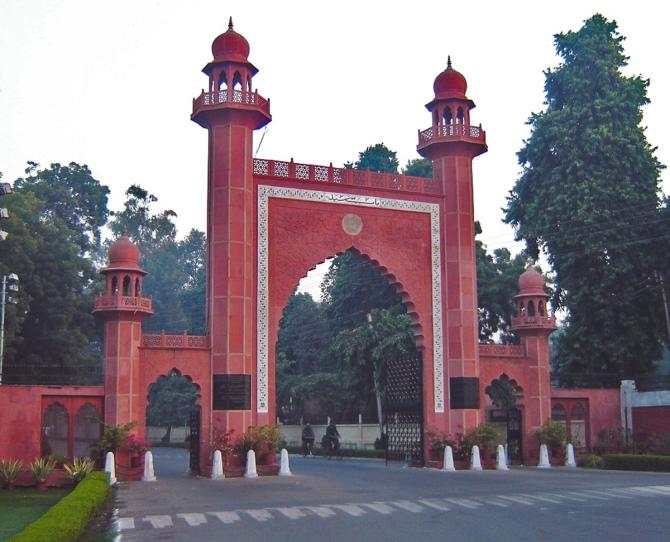
This is in response to Professor Faizan Mustafa's article on Aligarh Muslim University published on March 18, 2023 on Rediff.com.
To put things in context, the article by Professor Mustafa was a reply to an original piece by an anonymous alumnus of the university in which he tried to showcase the opacity around the selection of the vice chancellors in the 'hallowed' university.
As an alumna of the same university, I wish to join this debate and shed some light on the narrative fallacies inherent in Professor Mustafa's rejoinder.
The most important point highlighted in the article by the alumnus is that the executive council, which recommends the names of probable vice chancellors, is over represented by members of particular regions, primarily Uttar Pradesh and Hyderabad.
It is not surprising therefore that most VCs (in fact all but one) of AMU have been from these two places.
This selection of VCs from a certain region puts a serious question on the university's national character.
As the anonymous writer argues, this also reflects the character of selection at AMU which effectively debars more meritorious candidates coming from other regions or those lacking access to powerful regional networks.
It is expected that a former vice chancellor of a National Law University (NALSAR, Hyderabad) would suggest ways to improve the opacity around the selection of the AMU vice chancellor.
Instead, we are treated to a rejoinder which can only be termed an exercise in strawman argumentation.
More than half of Professor Mustafa's rejoinder is entirely irrelevant to the discussion at hand.
One fails to understand what is the point of comparing the Indian university system with those in other parts of the world?
What is the relevance of telling us about the various education commissions and what their position was with regard to university autonomy when that is not the moot question in the debate?
What is the use of citing multiple court judgments when the issue raised is one of transparency?
Why tell us about the laurels earned by university students when that is not being contested here?
This is nothing but an exercise in a written filibuster: Filling paragraphs entirely irrelevant to the moot question with the express objective of confusing the reader, derailing the debate and at the same time avoiding to take a position on the central issues raised.
Professor Mustafa also seems to suggest that the alumnus wants to subvert AMU's autonomy.
And hence we are treated with another long winding defence of AMU's autonomy by referencing court pronouncements and government reports about its necessity.
The problem is that the alumnus nowhere writes that he has an issue with AMU's autonomy.
This is a classic strawman argument strategy employed by Professor Mustafa.
First, you accuse the writer of something that he never wrote of; next you write a ton to demolish it.
One fails to understand why he would waste so much effort on defending AMU's autonomy.
Is he trying to legitimise the murkiness around the selection of AMU's vice chancellor by taking recourse to the established principle of autonomy?
Professor Mustafa may see himself as the arch defender of AMU's autonomy. But his pointless defence also gives us a window into how a powerful cabal uses it to further its agenda.
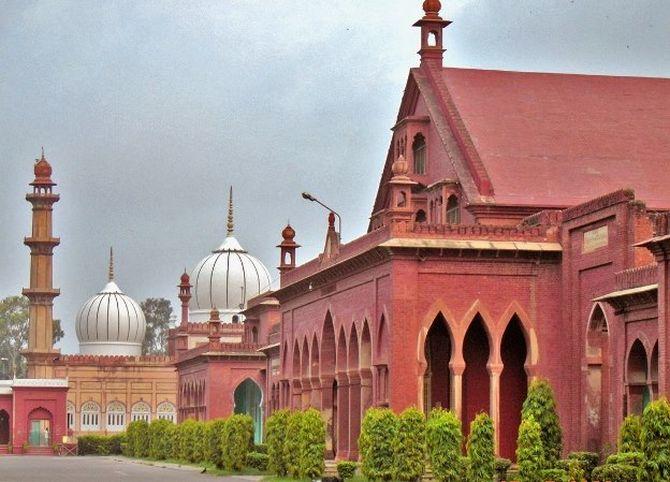
He calls the AMU executive council as the search committee which recommends the names of probable vice chancellors. This is patently false.
At all universities, the search committee is a separate body; the members of which are not part of the same university nor of the university executive council.
Normally, a university, through its executive council, constitutes a search committee to appoint the next vice chancellor.
This search committee consists of eminent academicians who are not part of that university.
This committee then invites applications for the post of VC, meets or interviews all aspirants individually and finally recommends three names to the Visitor, which in case of central universities is the President of India.
AMU, however, adopts a very intriguing process. No search committee is constituted.
Rather, members of its executive committee discuss probable names; five of these names are sent to the university court.
The AMU court selects three out of these five and then forwards it to the President of India.
Given the fact that the AMU executive council is dominated by regional satraps, the chances are high that this will get transferred in the names recommended for the post of VC.
The alumnus correctly diagnoses the problem and wants the process to become fair and democratic.
Professor Mustafa's assertion that 'AMU's executive council is just like Delhi University, JNU, Calcutta University, Madras University and the executive councils at other universities' is partly true, but he indulges in obfuscation when he uses the terms executive council and search committee interchangeably to mean the same thing.
To repeat, there is no other university except AMU which empowers its own executive committee to recommend the names of the next vice chancellor, so much so that at least once, in 2000, it ended up re-empanelling the incumbent/outgoing VC.
In other words, the one chairing the executive council meeting got himself empanelled from the executive council.
It is therefore absurd to argue that 'AMU cannot be blamed for panels recommended by the search committees' for the simple reason that there is no search committee to begin with.
And hence, it is the AMU executive council and the university court which are solely responsible for the selections that have been made in the past and will be made in the future.
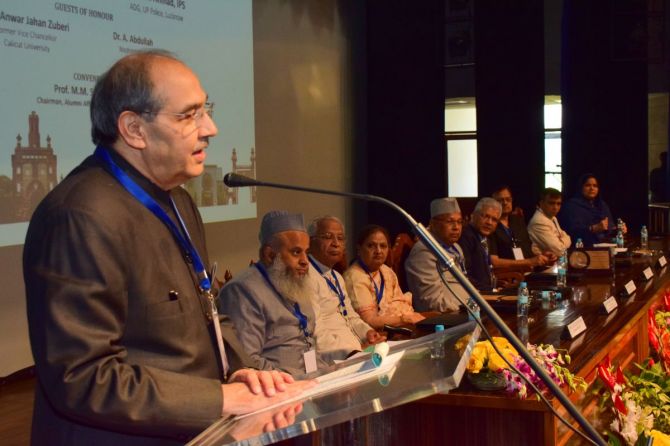
But what is it that Professor Mustafa is defending?
Has he been able to refute the evaluation of the alumnus that AMU VCs come from select regions of Uttar Pradesh and Hyderabad?
Has he been able to refute the assertion that barring in one case, all VCs in that institution have been male and upper caste Ashraaf Muslims?
There is nothing in his rejoinder to refute these assertions as they are factually true.
And that's why perhaps, Professor Mustafa, after giving us a completely unrequired historical lecture on AMU, eventually admits, 'why the search committees recommended people from UP and Hyderabad is not known.'
But it is not at all difficult to know the reason if Professor Mustafa cared to read the article of the alumnus before dissing it.
After all, this was the central focus of the original article.
For the alumnus, it is the very composition of the executive council which is to blame for the preponderance of AMU vice chancellors coming from UP and Hyderabad.
Even in the current executive council, four out of fifteen members belong to just a single district of Uttar Pradesh!
It does not behove a senior professor and administrator like Professor Mustafa to impute ulterior motives to any criticism that one makes of AMU.
A responsible rejoinder should have dug deeper and suggested ways to improve the regional, caste and gender diversity within AMU.
But then if one exalts an institution to the status of a totem, then, of course, all criticism is read as sacrilege.
Professor Mustafa seems to be heavily invested in mythologising AMU as a sacred space, hiving it off from any critique.
But we know that this performs an important function: To continue and reproduce the power of those who run the show within this institution.
Professor Mustafa is very fond of quoting the prime minister now and then. In the rejoinder, he has referred to the prime minister no less than four times.
Professor Mustafa would do well to recall that the prime minister has given a call to include low caste/Pasmanda Muslims in positions of power.
Professor Mustafa should take some inspiration from the prime minister and start advocating for a Pasmanda or a woman, preferably from outside UP/Hyderabad, to be appointed vice chancellor of the Aligarh Muslim University this time.
That should be a fitting tribute to the vision of the prime minister.
The writer is an AMU alumnus based in Bengaluru and wishes to remain anonymous.
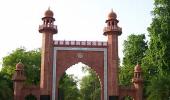

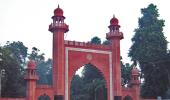








 © 2025
© 2025